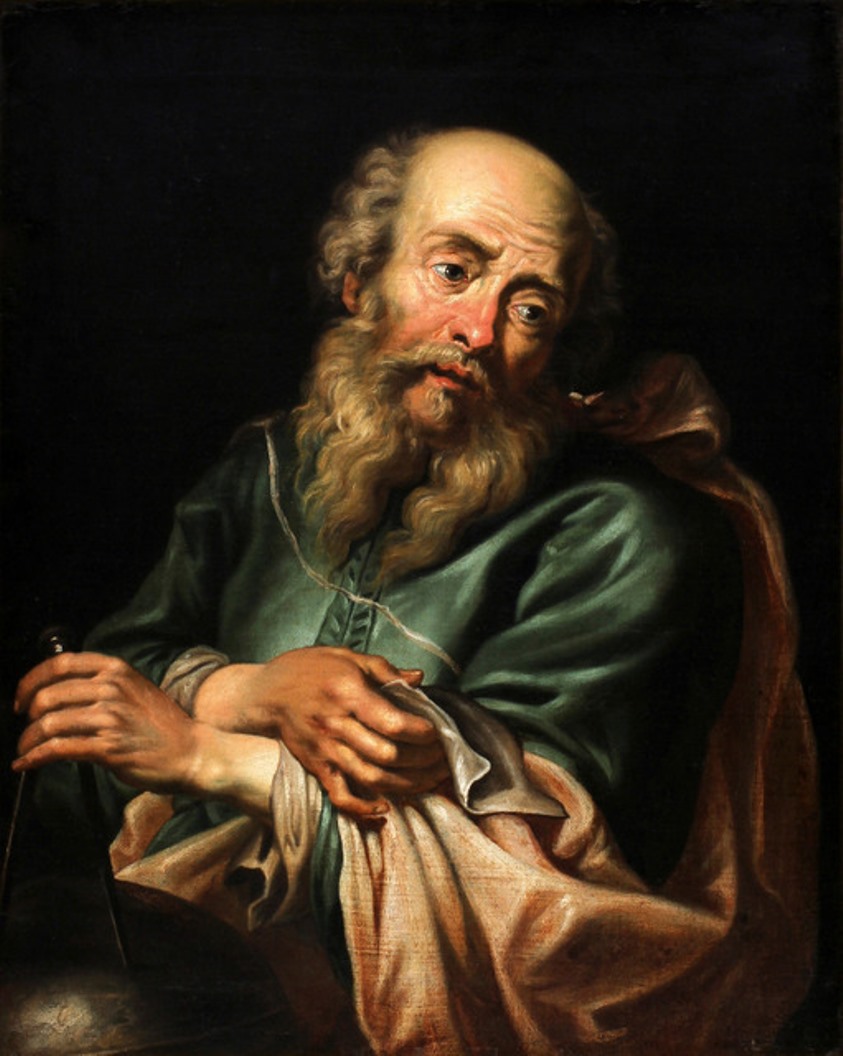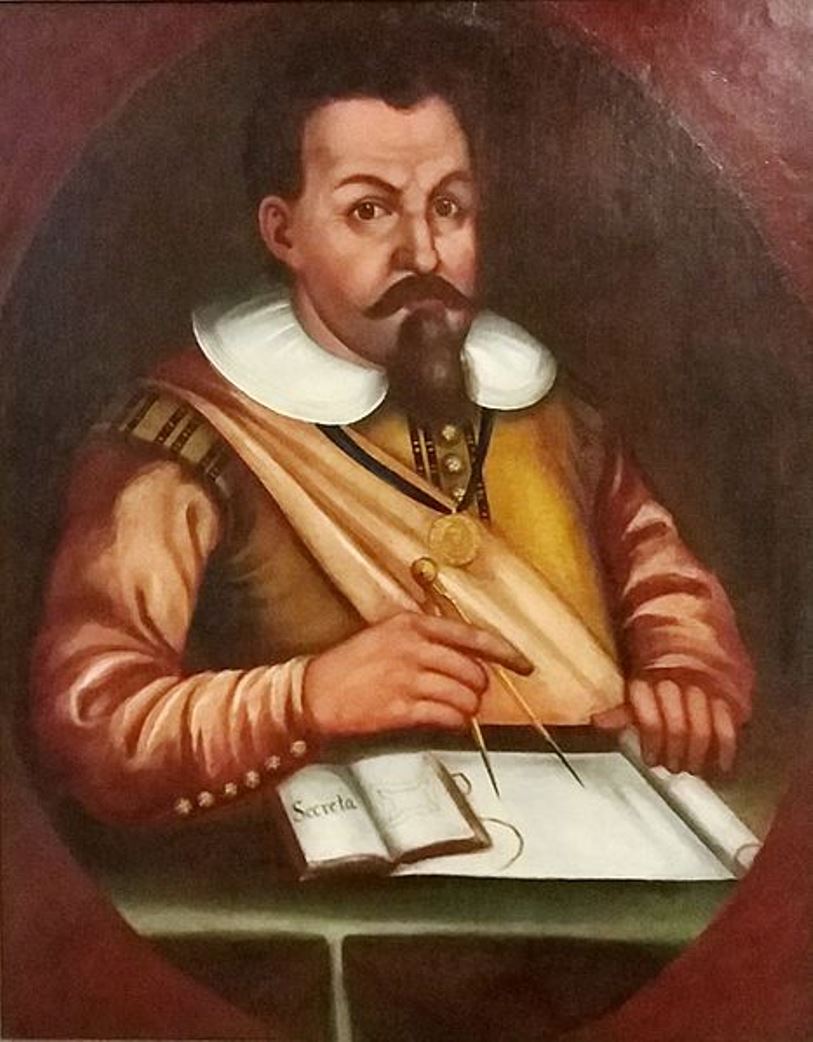Johannes Faulhaber (1580 - 1635) — Auction price

Galileo Galilei was an Italian naturalist, physicist, mechanic, astronomer, philosopher, and mathematician.
Using his own improved telescopes, Galileo Galilei observed the movements of the Moon, Earth's satellites, and the stars, making several breakthrough discoveries in astronomy. He was the first to see craters on the Moon, discovered sunspots and the rings of Saturn, and traced the phases of Venus. Galileo was a consistent and convinced supporter of the teachings of Copernicus and the heliocentric system of the world, for which he was subjected to the trial of the Inquisition.
Galileo is considered the founder of experimental and theoretical physics. He is also one of the founders of the principle of relativity in classical mechanics. Overall, the scientist had such a significant impact on the science of his time that he cannot be overemphasized.

Johannes Faulhaber was a German mathematician and fortification engineer.
He was a weaver, but studied mathematics and showed such aptitude that the city authorities appointed him the city mathematician and surveyor, a surveyor. In 1600, Faulhaber opened his own school in Ulm, and worked on the fortification of Basel, Frankfurt, and many other cities. He also designed water wheels in Ulm and made mathematical and geodetic instruments, particularly for military purposes.
Among the scientists with whom Faulhaber collaborated were Kepler and van Ceulen. He made the first German publication of Briggs' logarithms, and also made the first illustrated descriptions of Galileo's compass.


